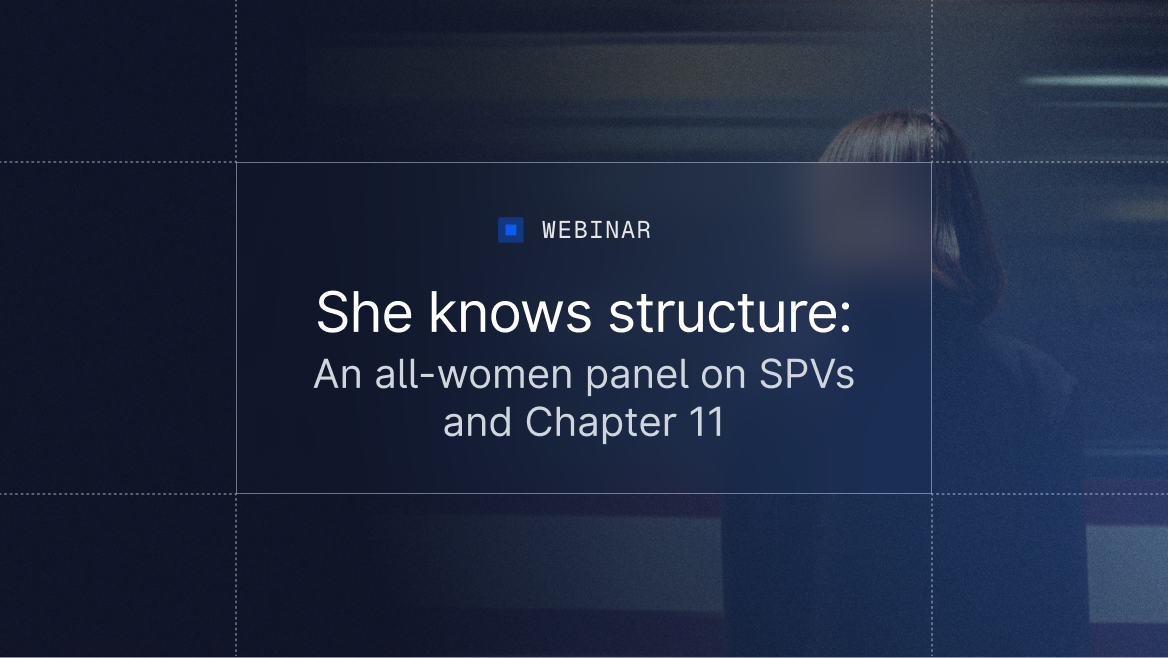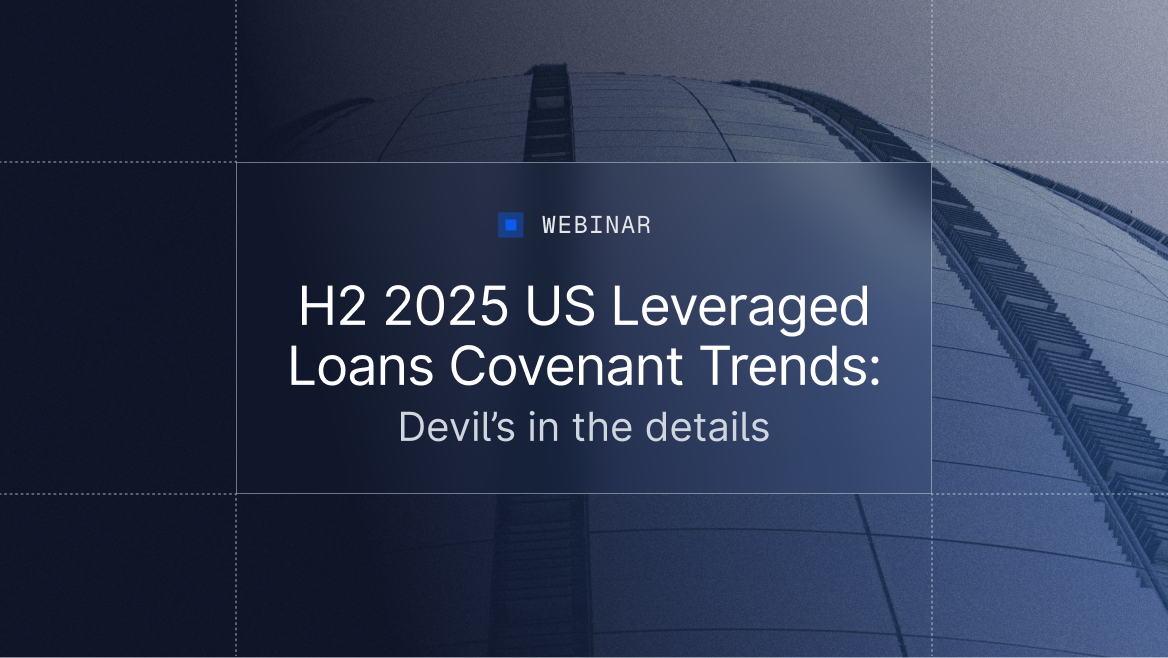News & InsightsLevFinDistressedPrivate CreditABFCLO
News & Analysis
LME trends — Creditor-led LMEs dwarf third-party financing deals
Segun Olakoyenikan and Rachel Butt23 Oct 2024 | US | 5 minute read

Related Posts
Discover more insights.
Use the previous and next buttons or keyboard arrows to navigate between slides.





